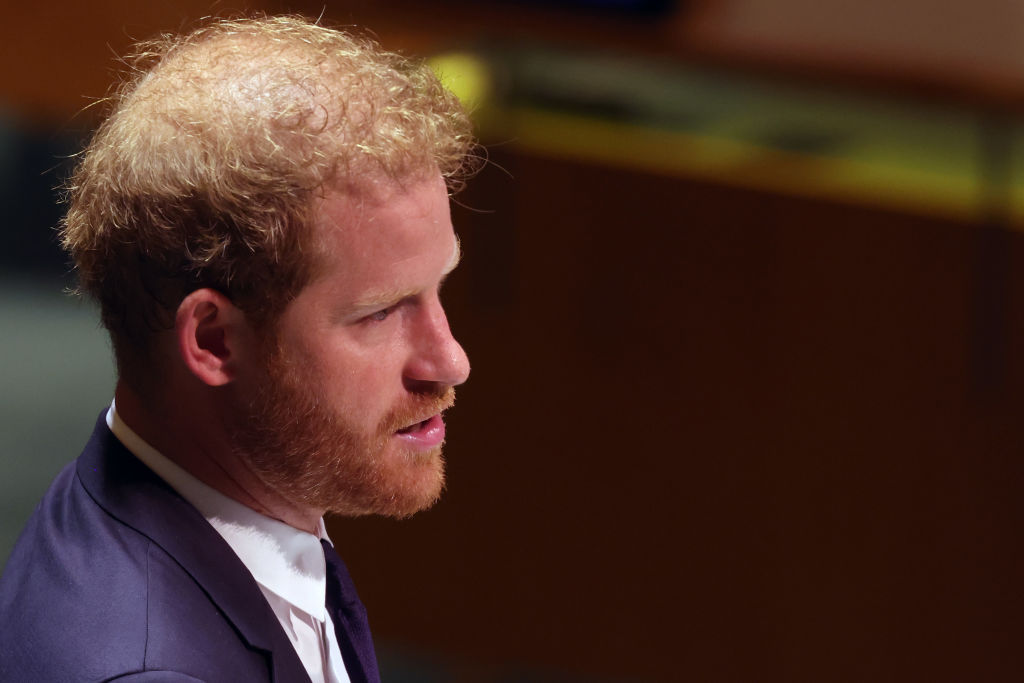Prince Harry’s police protection row with Home Office heads for judicial review

Prince Harry has won the right to a judicial review of the decision not to give him automatic police protection when he and his family visit the UK.
At a preliminary hearing last month, The Duke of Sussex’s lawyers sought permission for a full judicial review of the February 2020 decision made by the Executive Committee for the Protection of Royalty and Public Figures (Ravec).
In a judgment this morning, the high court judge Mr Justice Swift said:”The application for permission to apply for judicial review is allowed in part and refused in part.”
He found that four of the five grounds he claimed were “arguable”, meaning there would now be a full high court hearing.
The Duke is arguing “procedural unfairness” in the handling of the application, as well as questioning the decision makers involved.
His lawyers argued that the royal had not been able to make “informed representations” before his application was denied, and questioned the role of Queen’s private secretary Sir Edward Young in the process.
Shaheed Fatima QC, who represents the Duke, told the court earlier this month: “He didn’t know at that stage that the Royal household was involved at all … he was told it was an independent decision.”
Lawyers for the Home Office argued Ravec was entitled to make the decision it did and reviewed instances on a case by case basis.
The judge said: “In the course of submissions, it became apparent that, while the claimant may have had disagreements with persons who were Ravec committee members, there was no evidence at all to support a claim that any committee member had approached decisions with a closed mind, or that either decision was affected by bias.”
He said: “Ultimately it was accepted for the claimant that no such case was, or could be, advanced.”
The Home Office said in an email to Reuters that it would not comment on ongoing legal proceedings.
“The UK Government’s protective security system is rigorous and proportionate. It is our long-standing policy not to provide detailed information on those arrangements, as doing so could compromise their integrity and affect individuals’ security,” a government spokesperson said.